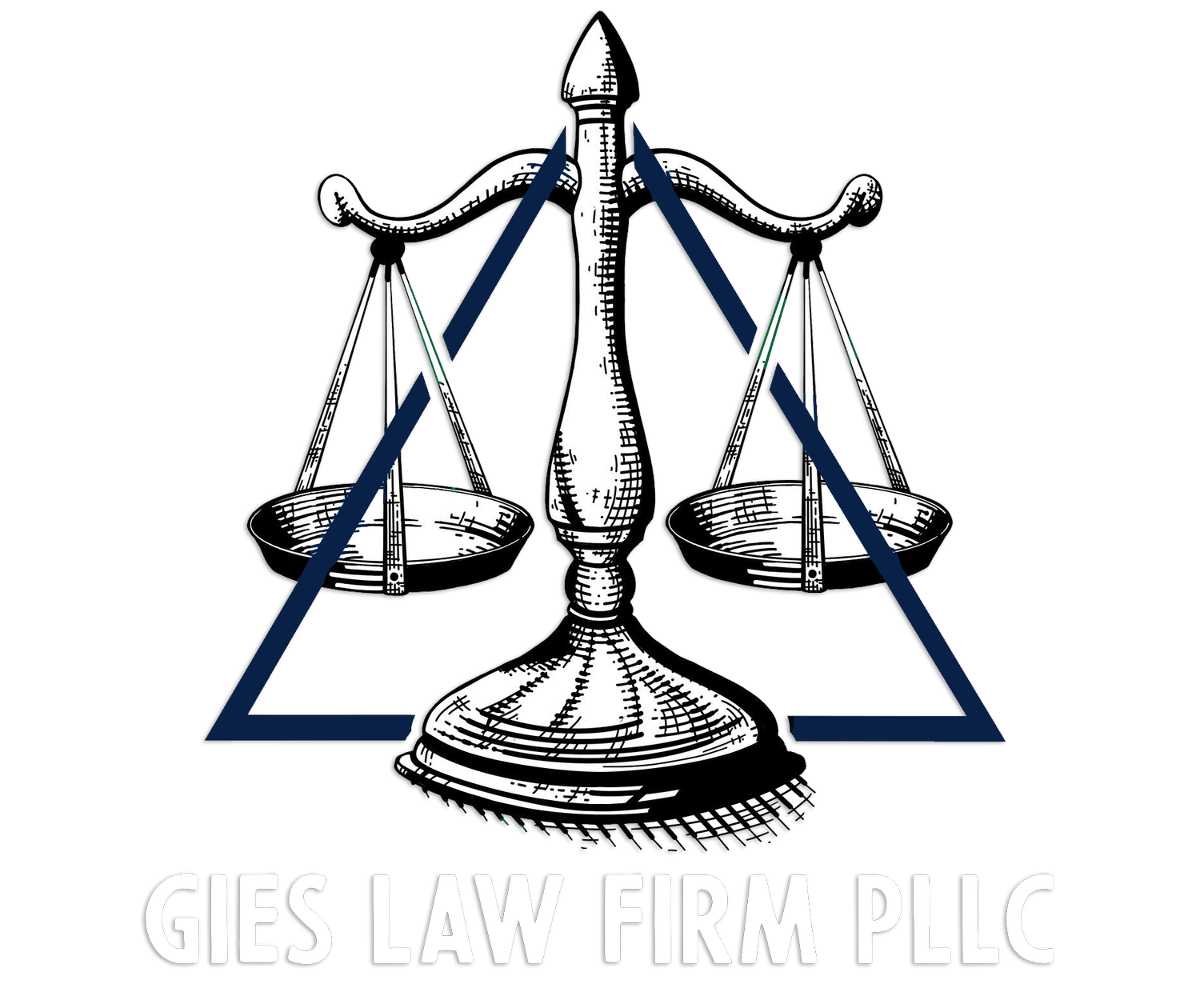Was HB 2179 a revenue bill?
The passing of House Bill 2179 may have violated the Oklahoma State Constitution.
In 1992 the people of Oklahoma approved SQ 640 which amended Article V, Section 33 of the Oklahoma Constitution to add restrictions on how revenue bills can become law. One of those restrictions is that bills raising revenue must receive three-fourths vote from both chambers or be approved by the people of the state in a general election before they can be signed into law by the governor. So the question arises, how did House Bill 2179—a bill that OMMA claims in the act’s economic impact statement “will certainly raise revenues” via a tiered licensing structure—get signed into law without going through the procedure mandated in Article V, Section 33?
C. Any revenue bill originating in the House of Representatives shall not become effective until it has been referred to the people of the state at the next general election held throughout the state and shall become effective and be in force when it has been approved by a majority of the votes cast on the measure at such election and not otherwise, except as otherwise provided in subsection D of this section.
D. Any revenue bill originating in the House of Representatives may become law without being submitted to a vote of the people of the state if such bill receives the approval of three-fourths (3/4) of the membership of the House of Representatives and three-fourths (3/4) of the membership of the Senate and is submitted to the Governor for appropriate action. Any such revenue bill shall not be subject to the emergency measure provision authorized in Section 58 of this Article and shall not become effective and be in force until ninety days after it has been approved by the Legislature, and acted on by the Governor.
What is a “revenue bill?”
To answer that question, we have to look at what qualifies a bill as a “revenue bill.” A similar case was brought to the Oklahoma Supreme Court in 2017 with Naifeh v. Oklahoma. In that case, manufacturers, wholesalers and consumers of cigarettes collectively challenged Oklahoma Senate Bill 845, alleging that it was a revenue bill enacted outside of the mandated procedure. The Oklahoma Supreme Court unanimously struck the law down. To reach their decision, the Justices applied precedent from Anderson v. Ritterbusch (1908), that revenue bills are those ”whose principal object is the raising of revenue” and which “levy taxes in the strict sense of the word.”
What does HB 2179 do?
HB 2179 introduces a tiered pricing model for Oklahoma Medical Marijuana Authority commercial business licensing. The tiers vary between license type and are based upon square footage of growth canopy, production amounts, and annual tax revenues. If there is a principal object to be found beyond raising revenue, it would only be to price out a percentage of applicants to slow the flow of licensing in the state. Regardless the objective, the Act will “certainly” raise revenues as stated by OMMA in the bill summary.
As highlighted in the above graph, licensing fees alone historically generate millions of dollars more in revenue than OMMA’s authorized annual budget. Since 2019, licensing fees alone have accounted for sixty-one million dollars of excess revenue. That excess revenue is apportioned by the legislature to various state programs.
Members of the Oklahoma house argue that increasing license fees won’t necessarily increase revenues, as less people may purchase licenses. With the tiered licensing system provided by HB 2179 however, renewal fees increase along with initial application fees. Even if less people are applying, annual renewal fees could 10x for some larger operations already in business. OMMA wouldn’t be reliant on new applicants to increase revenues, especially as existing operations grow and expand. It is worth repeating, the Act’s Fiscal Impact Report says OMMA is certain the act will increase revenues and they have no idea to what extent.
Additionally, Lawrence Pasternack has noted in a comment in response the original publishing of this blog that:
HB 2612 (Section 5 -- O.S. 63.427.5) expands the language of 788 so that monies collected by the state related to cannabis (excise tax, licensing fees, penalties, etc) are allocated in accordance with 788 (O.S. 63.426). This includes a percentage going to the general fund.
Normally, licensing fees aren't considered revenue (i.e. "tax" levies in the strict sense) because they are supposed to be used just to provide the regulatory benefit (e.g. pay for inspectors). Likewise one-time fees (e.g. to pay for a records search) aren't revenue in the sense at issue.
But, because of the above statutes, and because license fees are annual-recurring, they meet the legal requirements for being revenue in the sense at issue.
Because HB 2179 didn't pass with the required threshold of 75% in both chambers for revenue raising measures, it violates the state Constitution.
-Lawrence Pasternack
Unfortunately, the legislature either didn’t consider these facts or doesn’t agree. HB 2179 was signed into law receiving only sixty of the seventy six house votes that would be required for a revenue bill.


